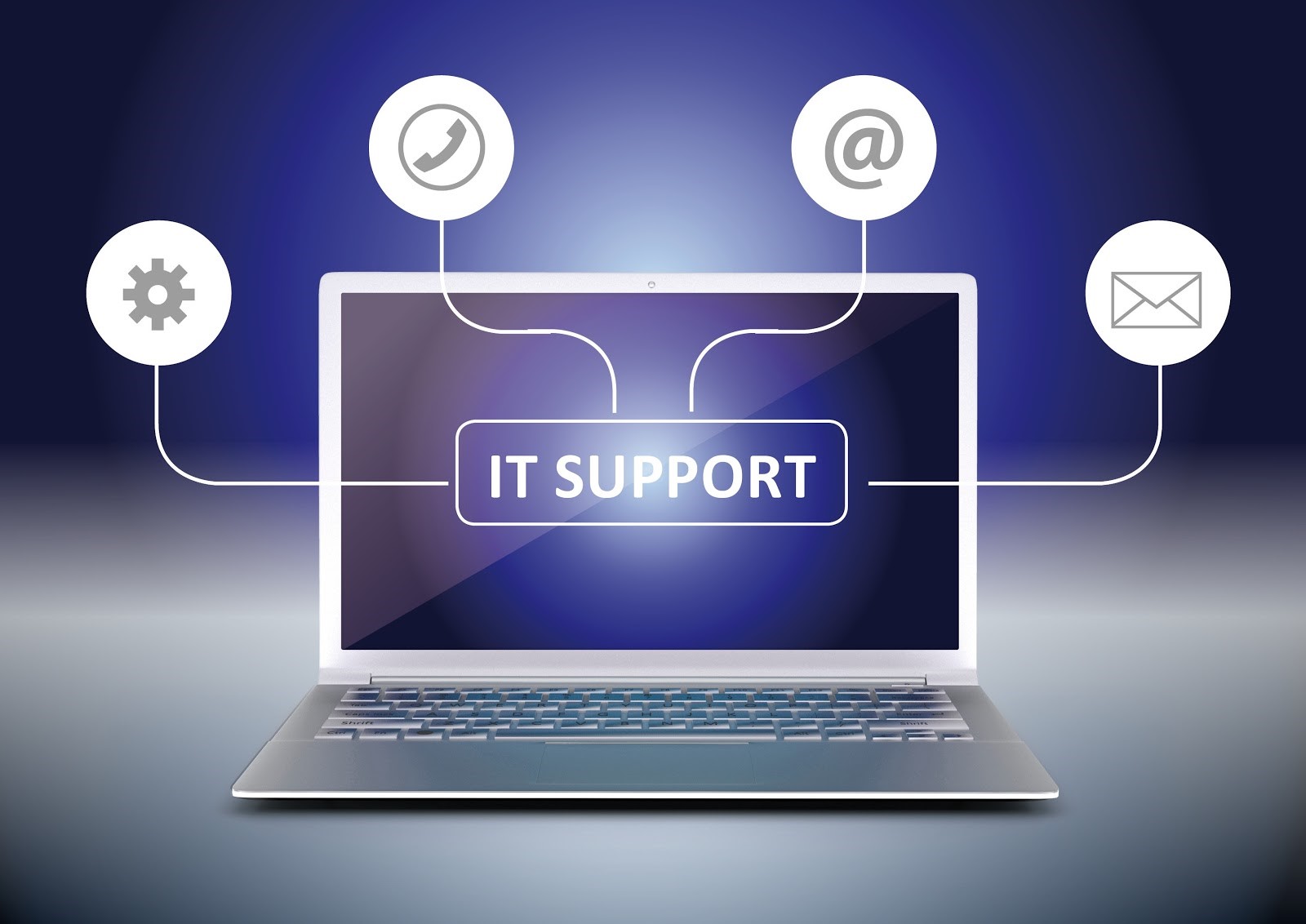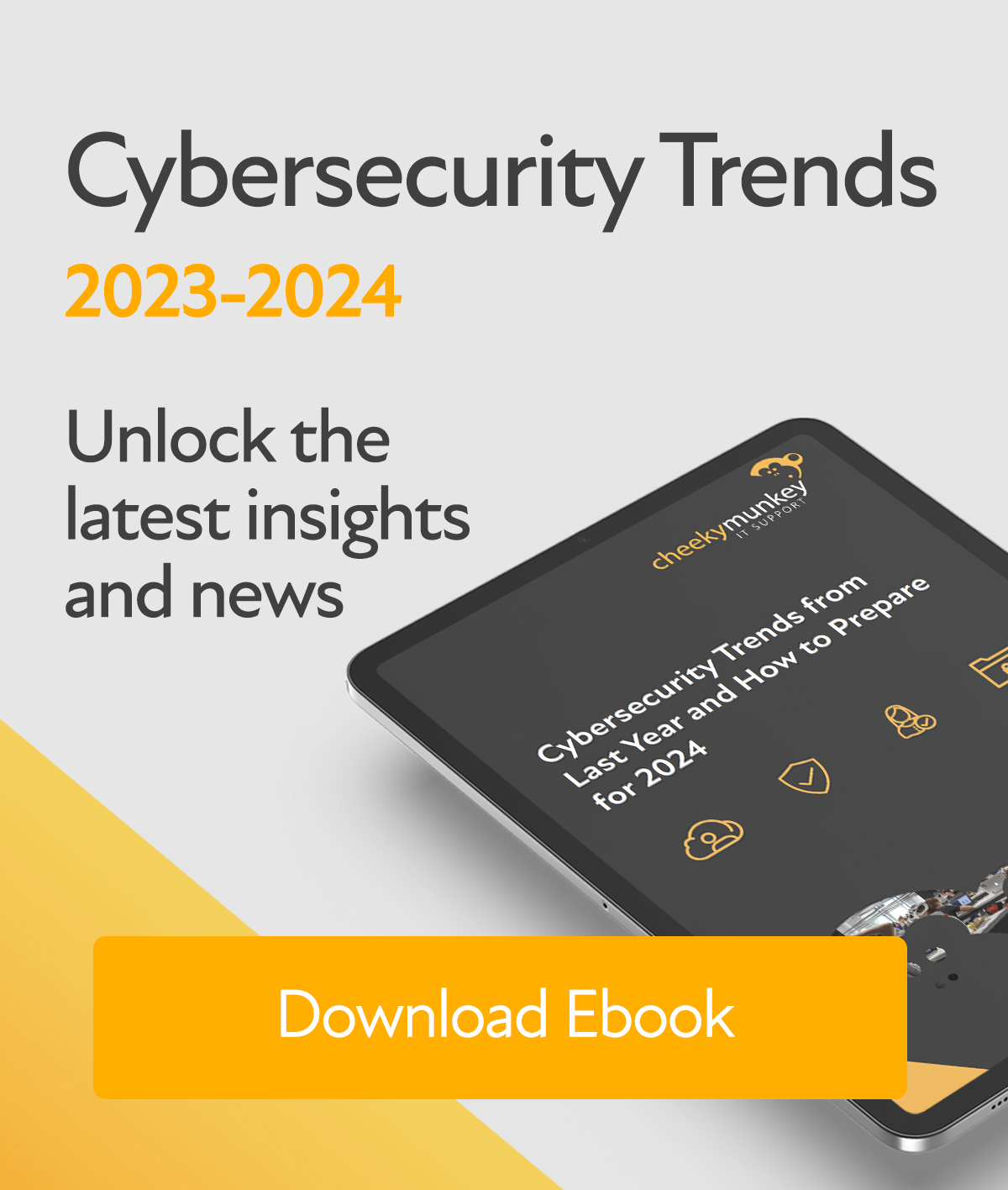Ransomware attacks are everywhere and can be very damaging for businesses. Being able to prevent them requires a proactive approach that operates throughout your business.
What is ransomware?
Ransomware is an advanced type of malware that infects a computer and holds private data hostage until a ‘ransom’ is paid. It can be incredibly damaging for businesses holding sensitive information and can cause financial loss, making it one of the most dangerous types of cybersecurity risk.
Who is at risk of ransomware attacks?
Ransomware attacks can affect anyone, whether it be individual users or large organisations. Although, certain factors may make you more vulnerable to ransomware attacks. These include: outdated software, insufficient cybersecurity measures and browsers or operating systems that are no longer patched. The threat of ransomware attacks makes it crucial to stay prepared and take any preventative measures where possible.
How can you prevent ransomware attacks?
There are many ways to protect yourself or your organisation from ransomware attacks. As technology continuously develops, it’s important to follow standard cybersecurity practices and be proactive against ransomware threats. Here are some methods that will help to keep your data secure.
Backup your data
As a basic procedure, backing up your data to an external hard drive or cloud storage will keep all files and information secure. Although this won’t stop attacks, it does mean that you can wipe your computer and then reinstall your backup files. To ensure all data is restorable, it’s ideal to back up all important data at least once a day. It’s also recommended to have an offline copy of all important files, as these cannot be targeted by online attackers.
Keep your systems updated
Ensuring all of your organisation’s operating systems and software are updated regularly will help to close any security gaps that attackers may find. Ransomware and other viruses are constantly evolving with new, more complex variants that can bypass outdated security features. The best way to stay on top of this is to turn on auto-updates so that your system will automatically get the latest updates.
Protect your emails
One of the leading causes of ransomware is via email phishing and these types of attacks can arise in different ways. Such as spam emails that encourage suspicious attachment downloads, tricking users into releasing private information or urging users to click on links that lead to infected websites.
There’s a few things you can do to prevent ransomware attacks triggered through email activity. Firstly, avoid clicking on links or downloading attachments from unknown emails or unauthorised sources as they can take you to infected sites or trigger an automatic download.
Install antivirus software and firewalls
A common way to defend against ransomware is to install antivirus software. These are created to scan, identify and respond to cyber threats – blocking malware from infecting your system. With antivirus software, users can get alerted when they are visiting an unsafe website and gain some protection against malicious downloads. It’s important to note that antivirus software isn’t guaranteed to be 100% effective, so other precautions should still be taken.
Limit user access
An easy way to improve your cyber security is to limit user access and permission to essential files only. Business owners can then control the access levels across different team members, meaning verification will be needed to access certain documents. Verification usually requires at least two-factor or multi-factor authentication, preventing access to this data in the case of a breach.
Having this restricted access not only manages who can get hold of private data, but also helps to prevent ransomware from spreading between systems within a company.
Provide cybersecurity awareness training
End-users and employees are a common cause of ransomware attacks, which is why cybersecurity training is so important. If individuals aren’t trained to spot signs of phishing and social engineering attempts, they can be easily tricked into engaging with the virus.
All businesses should ensure their employees are trained on the fundamentals of cybersecurity, including the use of secure VPNs, password creation, identifying suspicious emails and updating their equipment.
Cheeky Munkey has been protecting clients for over 20 years. We offer IT support and security bundles that cater for every need – keeping your business safe and secure.


 Previous
Previous









